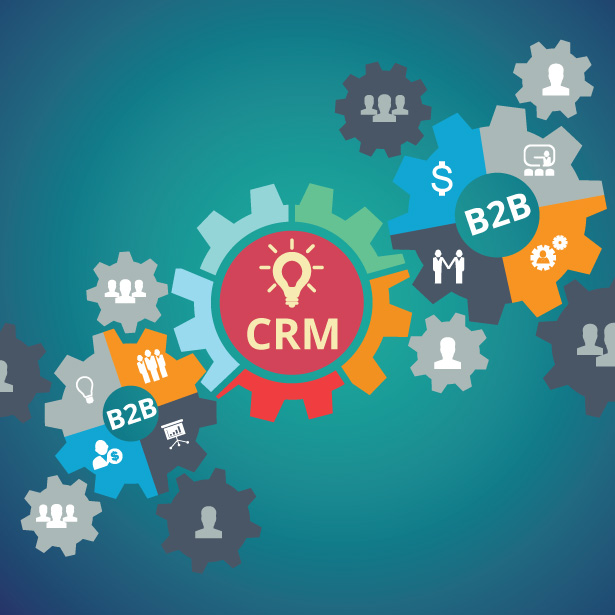Businesses to business (B2B) transactions bring different complexities and challenges and require a focused Customer Relationship Management approach. B2B transactions, although a smaller sphere, can benefit a great deal from customer databases in CRM systems. It brings about an understanding between customers and supply chains at the granular level. Minute changes can be identified easily by tracking end-customer and data. With a smaller customer base, it is important to go for micro-segmentation and know every individual in the system.
There are many unique differences between B2B and B2C transactions. B2B sale is much slower and may take months and months of negotiations. The number of decision makers in the B2B pipeline is much larger with many CxOs trying to make an impact. This makes the buying and selling process more complicated and passion in the process gets severely diminished. In a B2B pipeline there is no scope of emotional advertising and the stakeholders involved are more concerned about facts and data. B2B leads are much smaller, but the value of each sale can be much higher compared to a B2C transaction. With high values hinging on every individual customer, it is important to deliver high visibility through an effective CRM solution.
B2B transactions are extremely valuable and cannot be stored in siloes within multiple spreadsheets in different departments. A centralized database is essential for seamless access and retrieval of information through role based access controls. A CRM module organizes information and merges multiple formats into charts, synopses, and illustrations showing what each company should do. Every employee, be it a salesperson or an accountant, may have data at their fingertips to be decision makers. As for the cost factor, agile CRM service has made the past decade a period of affordability defeating other frameworks.
B2B transactions do not have a large field of customers to play with. Customers demand faster and quicker resolutions for their problems. With customized CRM solutions, escalation along the hierarchy is limited with information easily available by the front-end employees. This promotes business efficiency, better workflows, and better customer interaction.
When technology widens a scope, not utilizing it can prove dangerous in competitive industries. With large data turnovers in BPO consulting and BI, paper systems can get overwhelming enough to drain employees out. With CRM solutions, it is possible to create an organizational culture where information is easily shared across departments and a knowledge base is created to purify analyses. Fundamentally, stakeholders can receive the best returns only thus.



